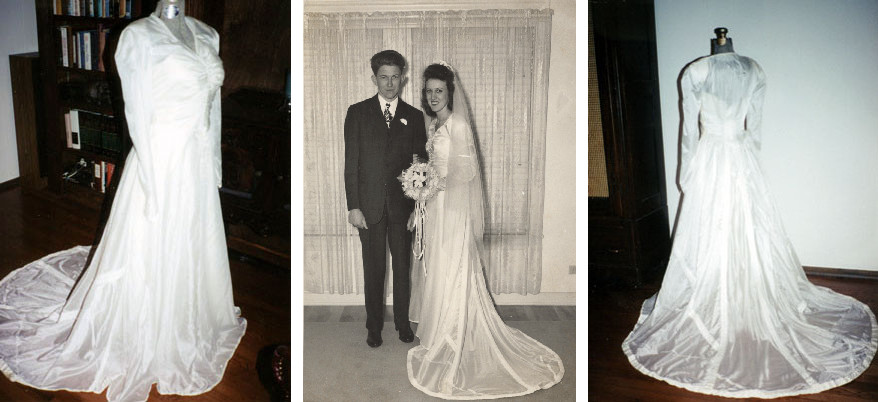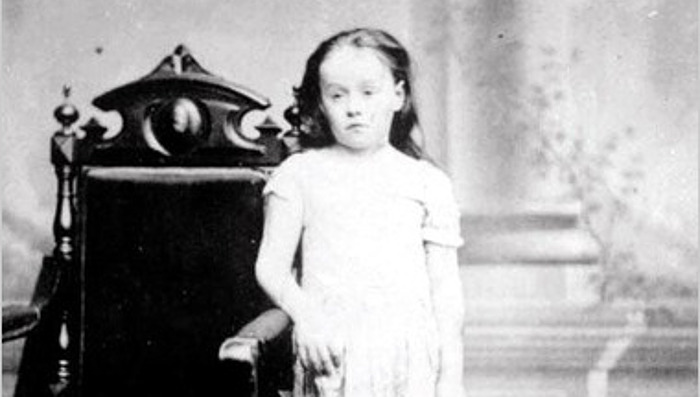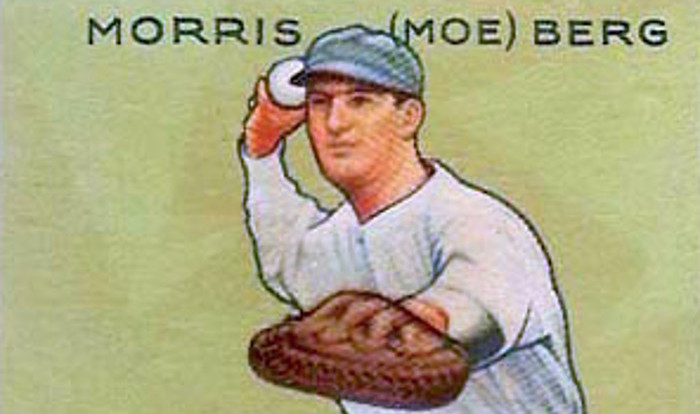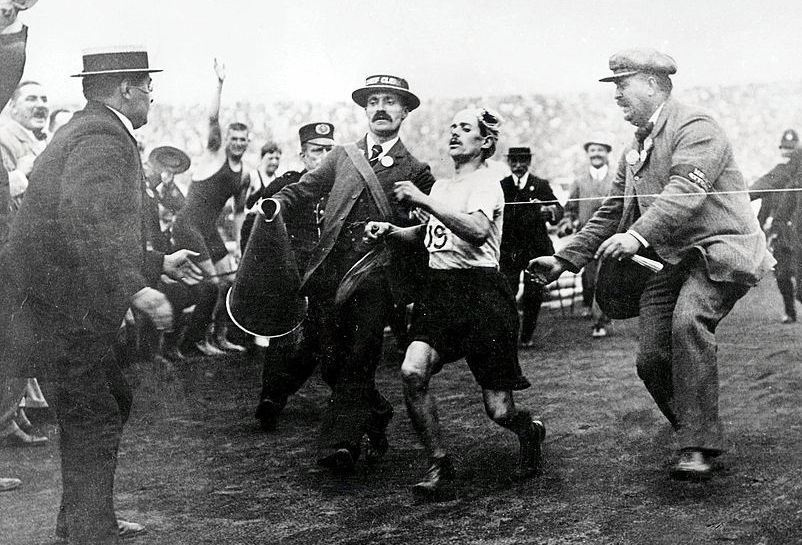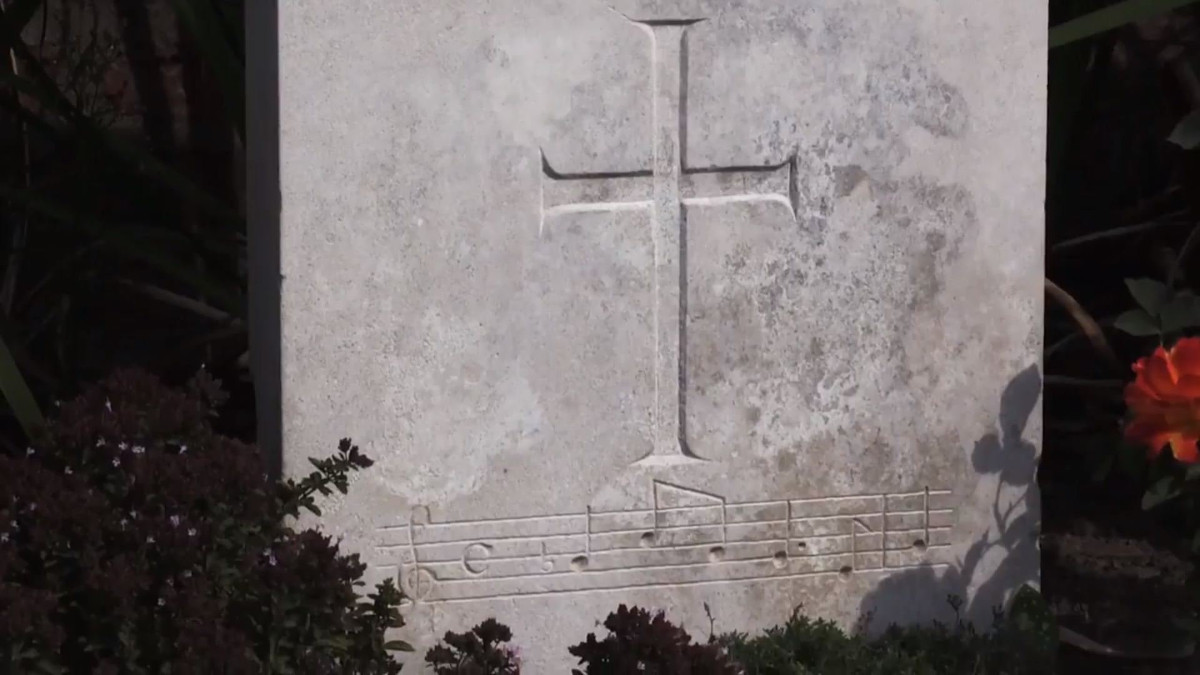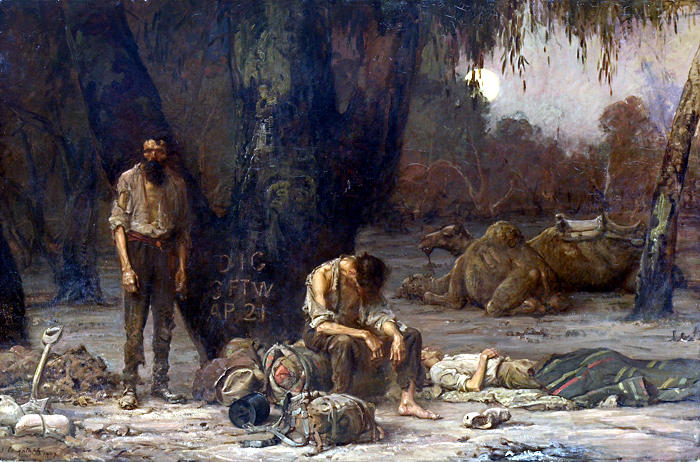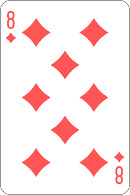In 18th-century New Mexico unbaptized Indians were often sold as domestic slaves. This was illegal, but the authorities accepted it on the theory that it “civilized” the slaves. In 1751, the wife of Alejandro Mora lodged a complaint in Bernalillo that her husband was treating their slave Juana inhumanely. The constable who investigated found Juana covered with bruises. Mora had broken her knees to keep her from running away and reopened the wounds periodically with a flintstone, so they were covered with festering ulcers. Her neck and body had been burned with live coals, and manacles had scabbed her ankles.
She said, “I have served my master for eight or nine years now but they have seemed more like 9,000 because I have not had one moment’s rest. He has martyred me with sticks, stones, whip, hunger, thirst, and burns all over my body. … He inflicted them saying that it was what the devil would do to me in hell, that he was simply doing what God had ordered him to do.”
Mora protested that he had only been looking out for Juana’s welfare. He had raped her only to test her claim of virginity, and he had hung her from a roof beam and beaten her only because she resisted him. The authorities removed her from Mora’s household, but he received not even a reprimand.
(Ramón A. Gutiérrez, Cuando Jesús llegó, las madres del maíz se fueron, 1991; Bernardo Gallegos, Postcolonial Indigenous Performances, 2017.)
